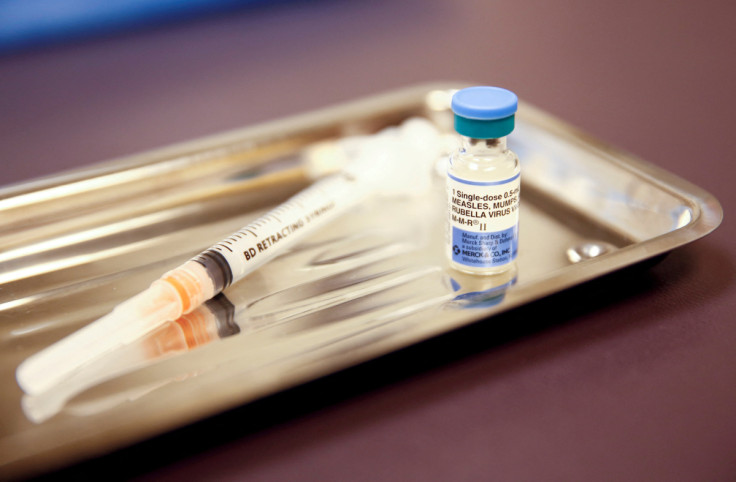South Africa Passes New Health Insurance Bill For Millions Of Poor Citizens
South African lawmakers passed the National Health Insurance Bill (NHI) on Tuesday. The bill will reportedly help millions of poor citizens in the country who can't afford private hospitals or clinics and ensure that the government will subsidize their health care services.
Health Minister Joe Phaahla clarified that this new bill won't work as a silver bullet that will fix all the health problems in the country. However, it will serve as a "necessary foundation to build on for a progressive improvement of access with quality and equity."
The NHI aims to support South Africans, many of whom are unable to fund their own basic health care needs. It will be implemented in several stages and is said to cost billions of dollars.
The bill was rejected by 125 members of the parliament who thought it was not sustainable. However, 205 members ended up adopting it.
The health minister explained that the NHI will be "an equitable, accessible, affordable and strengthened health care system," Macau Business reported.
"As inequality has been growing in our country even cutting across race, access to quality health services has been a casualty with those who have private medical insurance consuming 51% of the national spending while constituting only 16% of the population, while 84% depend on 49% resources from the fiscus and services provided by public hospitals," he said.
He noted that this new bill will ensure that everyone in the country will have access to the same hospitals and clinics, regardless of whether they are public or private.
The health minister further shared that these health care centers can be accessed anywhere, even close to a person's home or office, and they won't have to pay anything because the government will take care of the funds.
Michele Clarke, Shadow Minister of Health from the main opposition Democratic Alliance (DA), rejected the bill, saying it was passed by the ANC-led government to win the upcoming elections, which will be held next year.
"NHI will inevitably destroy all health care in South Africa," Clarke said in the parliament, according to Macau Business.
Aside from Clarke, Busi Mavuso, CEO of Business Leadership South Africa, also slammed the bill. He said it would "leave all South Africans worse off, in a system in which state provision becomes impossible and private health provision is effectively closed down," the outlet reported.
According to Reuters, only 15% of the South African population (which is currently at 59 million) has access to private health care, while the majority of poor people in the country stand in queues outside government hospitals to get basic health care services.

© Copyright 2026 IBTimes ZA. All rights reserved.





















